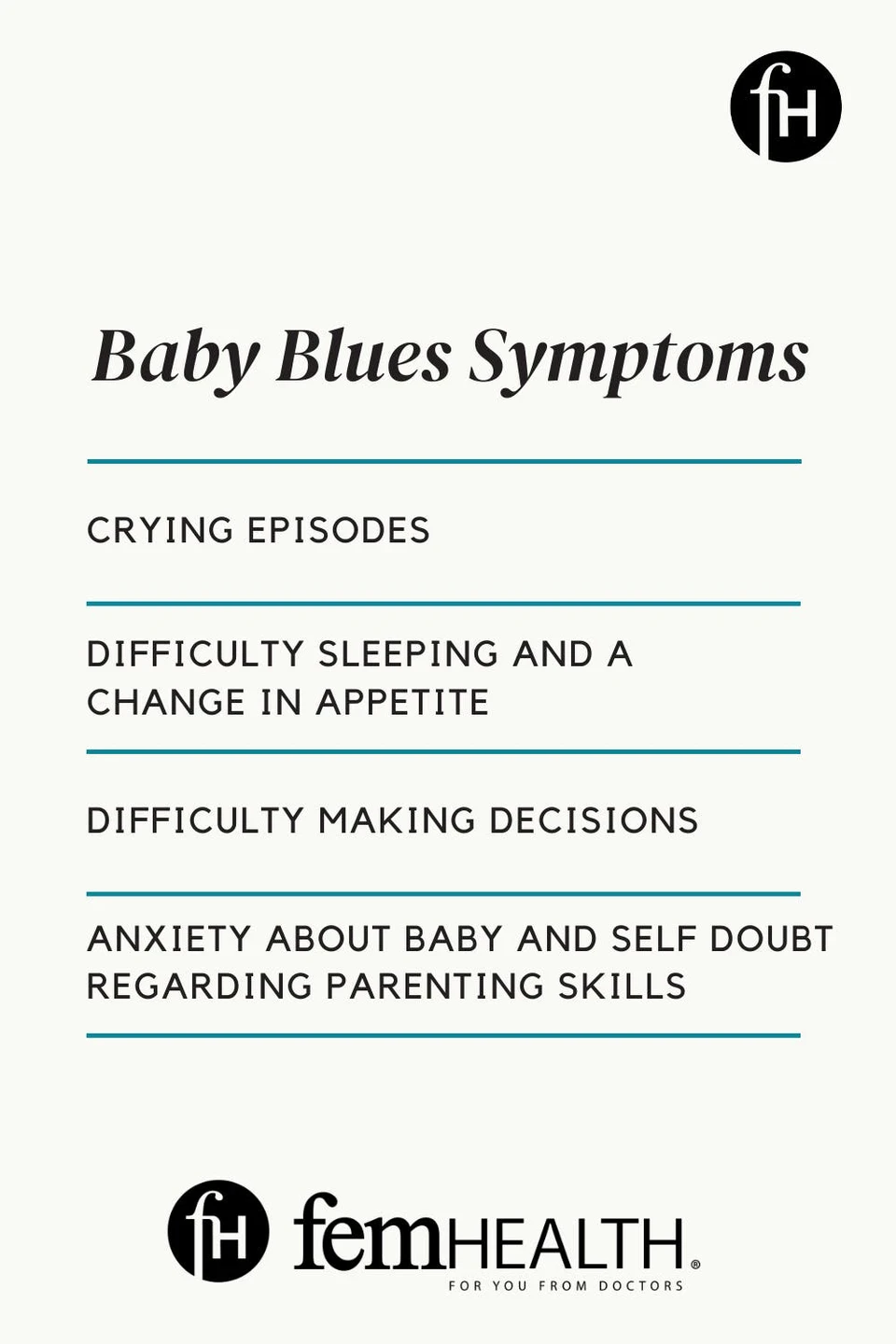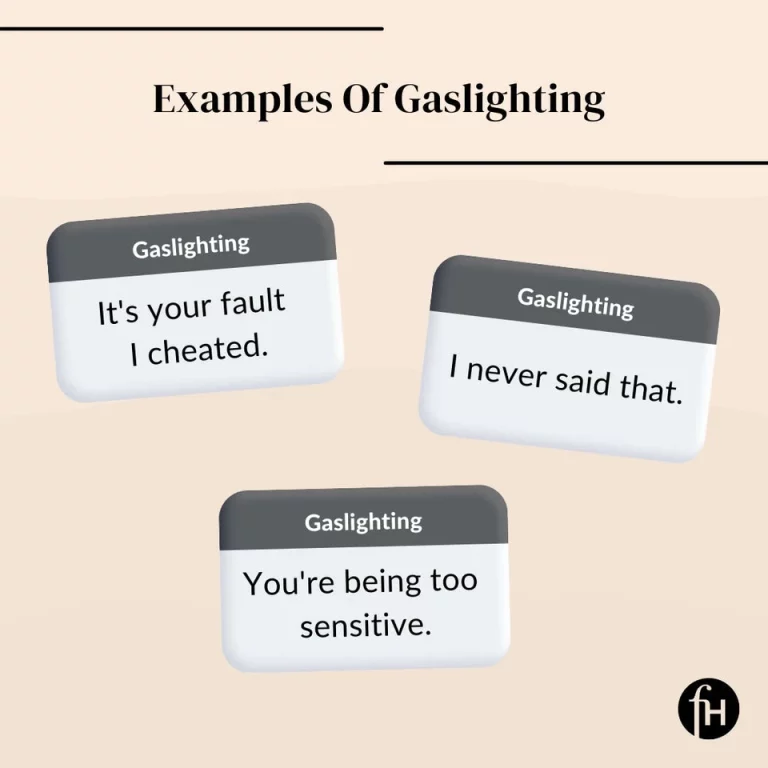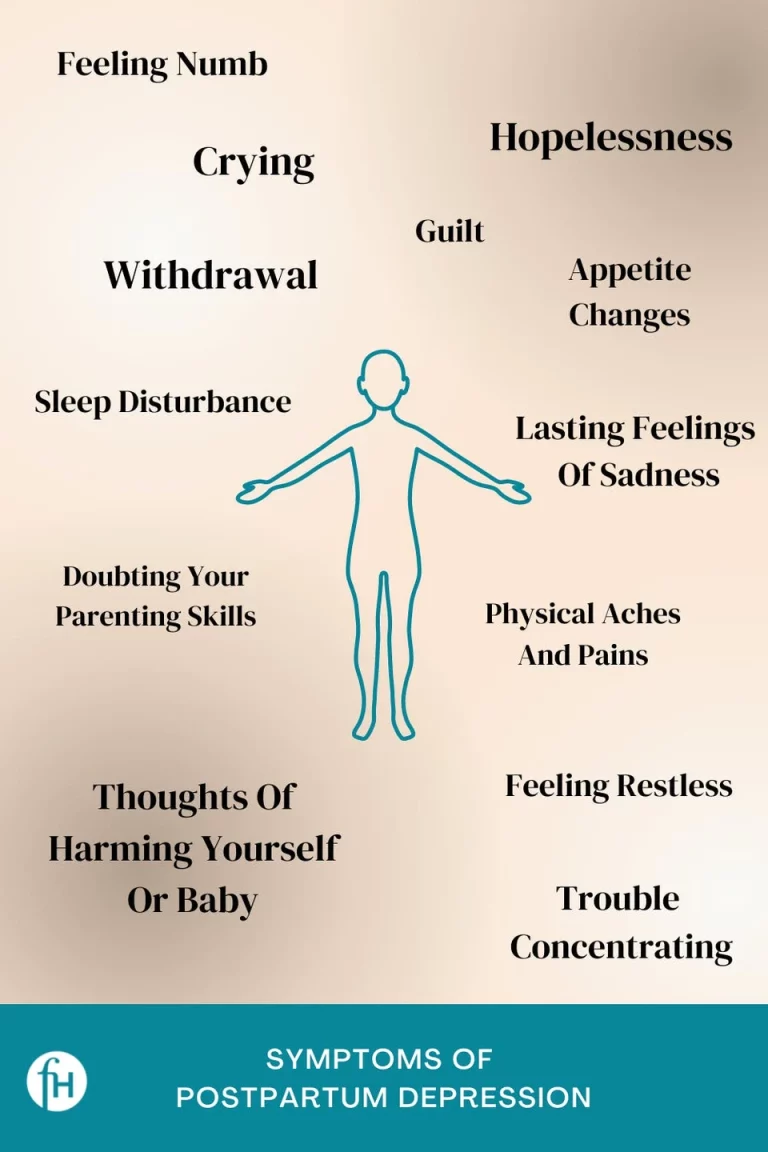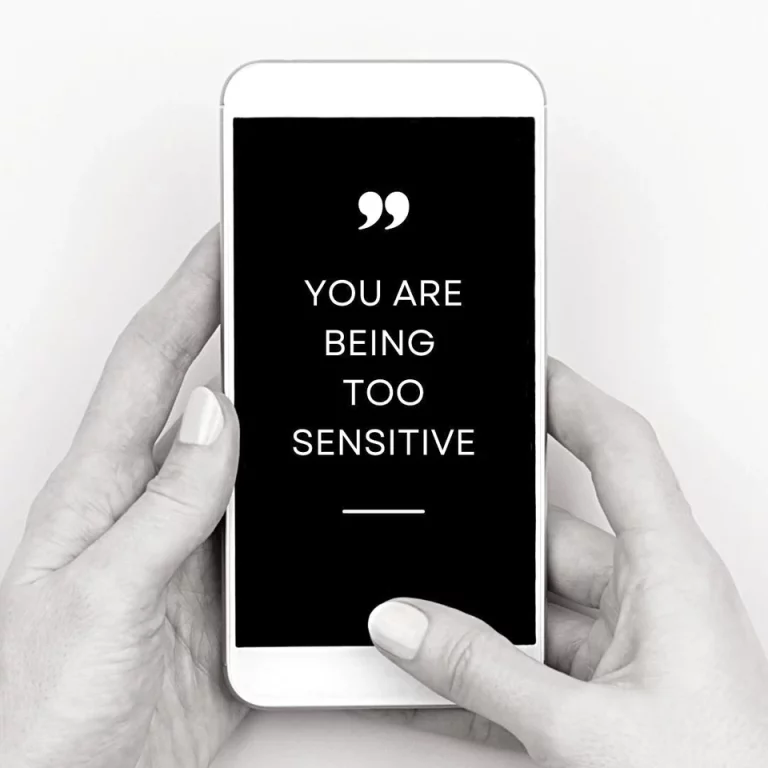Baby Blues Syndrome Vs Postpartum Depression
The days and months after giving birth can be a psychologically challenging time as well as emotional time for persons who have just had a baby. You are adjusting to a new routine with your little one and are also undergoing large hormonal changes. Baby blues is a term that is often used to describe the time frame immediately after birth in which a new mom feels sad, upset, anxious, or angry.
Baby blues typically begins 2 to 3 days after childbirth (1) and happens in almost 85% of women. Baby blues should resolve on their own and without any treatment within 2 weeks of symptom onset. Women may feel depressed, anxious, or upset. Baby blues may result in anger with the new baby, anger towards a partner, as well as feeling upset with other family members.
Baby Blues Syndrome
Baby blues include the following symptoms, and usually do not last past a few weeks after giving birth.
- Crying episodes that often happen without reason
- Difficulty sleeping
- A change in appetite
- Fogginess or trouble with making decisions
- Anxiety about the baby
- Questioning yourself whether you can care for a baby
It’s important to note that baby blues will come and go for a few days to a few weeks after the birth of the child as the body changes, adjustments are made, and families acclimate to the new circumstances. Baby blues often do not require treatment and the syndrome will improve on its own. If you feel that your baby blues are not resolving, this could be a sign of PPD or postpartum depression.
Baby Blues Vs Postpartum Depression
Postpartum depression (PPD) is described as being more intense and lasting longer than those of baby blues (2). It typically begins 1-3 weeks after childbirth and can occur up to 1 year after having a baby(1). Depression, postpartum or not, is a serious illness that often requires professional help and intervention.
The CDC reports that 1 in 8 women experience symptoms of postpartum depression (3). Estimates vary by state and can be as high as 1 in 5 women(2). According to the American Psychological Association(4), “PPD can affect any woman—women with easy pregnancies or problem pregnancies, first-time mothers and mothers with one or more children, women who are married and women who are not, and regardless of income, age, race or ethnicity, culture or education.”
Symptoms For Postpartum Depression
Postpartum depression can present itself in a number of ways that are important to recognize and seek help for it. The symptoms for postpartum depression include, but aren’t limited to (2), the following:
Related: Symptoms For Postpartum Depression
- Crying more often than usual, sometimes seemingly without cause
- Withdrawal from loved ones
- Feeling numb or disconnected from the baby
- Needing a break from the baby and motherhood
- Worrying that you will hurt the baby
- Feeling guilty about not being a good mom, doubting your ability to care for your child, and feeling as though changes are too much
- A lasting feeling of sadness, anxiety, or emptiness
- Feelings of hopelessness
- Irritability or restlessness
- Loss of interest in hobbies and activities
- Aches or pains that don’t go away with treatment
- Problems with concentrating, recalling details, or making decisions
- Difficulties with sleep – either sleeping too much or troubles with staying asleep or falling asleep
- Changes to appetites
- Thoughts of suicide or suicide attempts
- Thoughts of hurting the baby or yourself
Once symptoms are recognized, it is very important to seek help quickly and encourage a person you know who is experiencing these symptoms to speak with their healthcare provider as soon as possible.
What Are The Causes Of Postpartum Depression?
For most persons, there is no one specific cause for postpartum depression. Some pregnant persons are at higher risk for PPD than others. These risk factors include(2):
- Stressful life events
- Low social support
- Previous history of depression in the pregnant person and/or a family history of depression
- Difficulty getting pregnant
- Being a teen mom or a mom to multiples, like twins, or triplets
- Preterm (before 37 weeks) labor and delivery
- Pregnancy complications and birth complications.
- Having a baby who has to be hospitalized
Postpartum depression can also occur without having any of the risk factors above. Even if you are fortunate to have a healthy pregnancy and birth, PPD can still happen to you. It is important to stay vigilant of the symptoms and communicate any struggles you are having to your doctor.
What Cures Postpartum Depression?
Unfortunately, there is no quick cure for PPD or postpartum depression. There are many treatments, however, and you should make your doctor aware of how you are feeling as soon as possible. The most common treatments for postpartum depression are therapy and medication (5). In therapy, a mother speaks with a therapist, psychologist, or social worker to develop coping strategies to counter the way depression makes you think, feel, and act. Medication may also be used and must be prescribed by a doctor or nurse. Antidepressants may take a few weeks to start working, and you can ask your doctor about which ones can be taken safely while breastfeeding.
Baby Blues Syndrome: Take Home Points
Baby blues are common, while PPD is less common. You should expect to have baby blues as it is a syndrome that is experienced by most pregnant persons in the postpartum period. If you feel that your symptoms are severe or lasting longer than a couple weeks following the birth of your child, please let your doctor know. This could be PPD, and there are ways to treat postpartum depression that are safe and effective. If you ever have thoughts about harming yourself or your baby, you should seek medical help immediately.
- https://www.acog.org/womens-health/faqs/postpartum-depression
- https://www.cdc.gov/reproductivehealth/depression/index.htm#Postpartum
- https://www.cdc.gov/mmwr/volumes/69/wr/mm6919a2.htm?s_cid=mm6919a2_w
- https://www.apa.org/pi/women/resources/reports/postpartum-depression
- https://www.womenshealth.gov/mental-health/mental-health-conditions/postpartum-depression
We discuss products we think are useful to people. If you buy something through our links, we may earn a commission. Remember to check with your personal physician to see if a product recommended is right for you.





